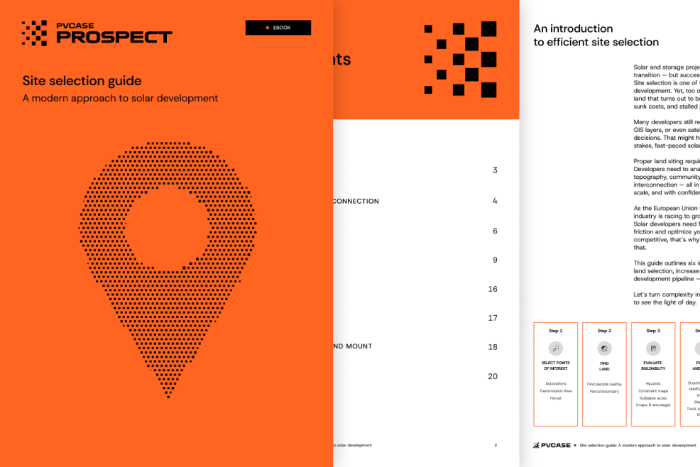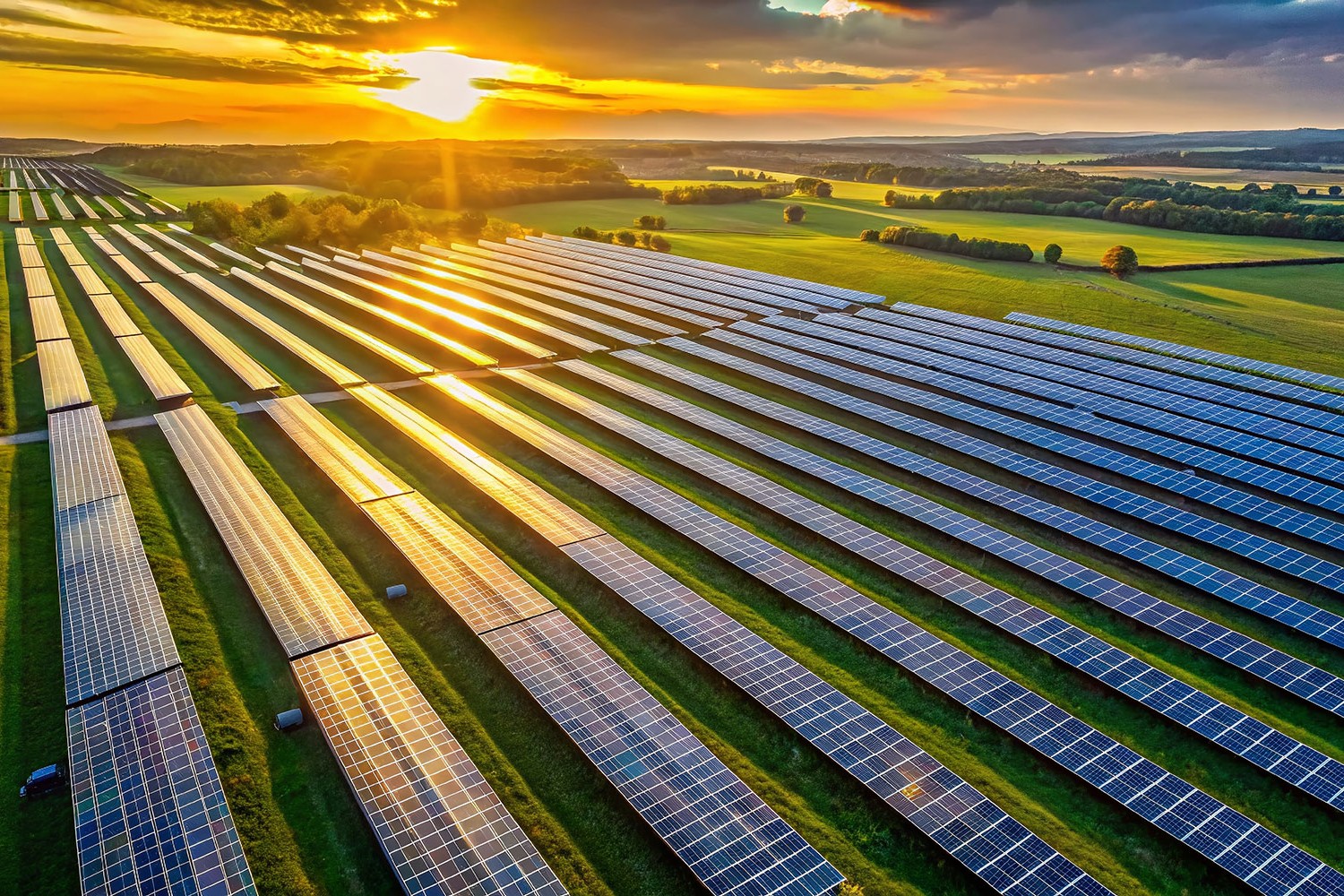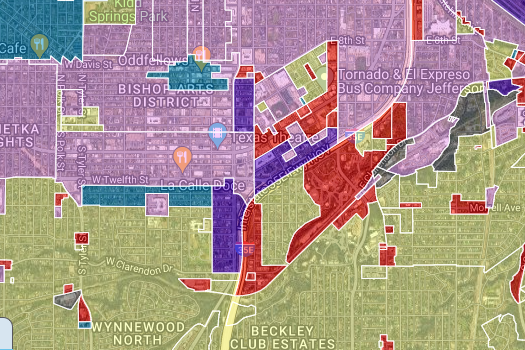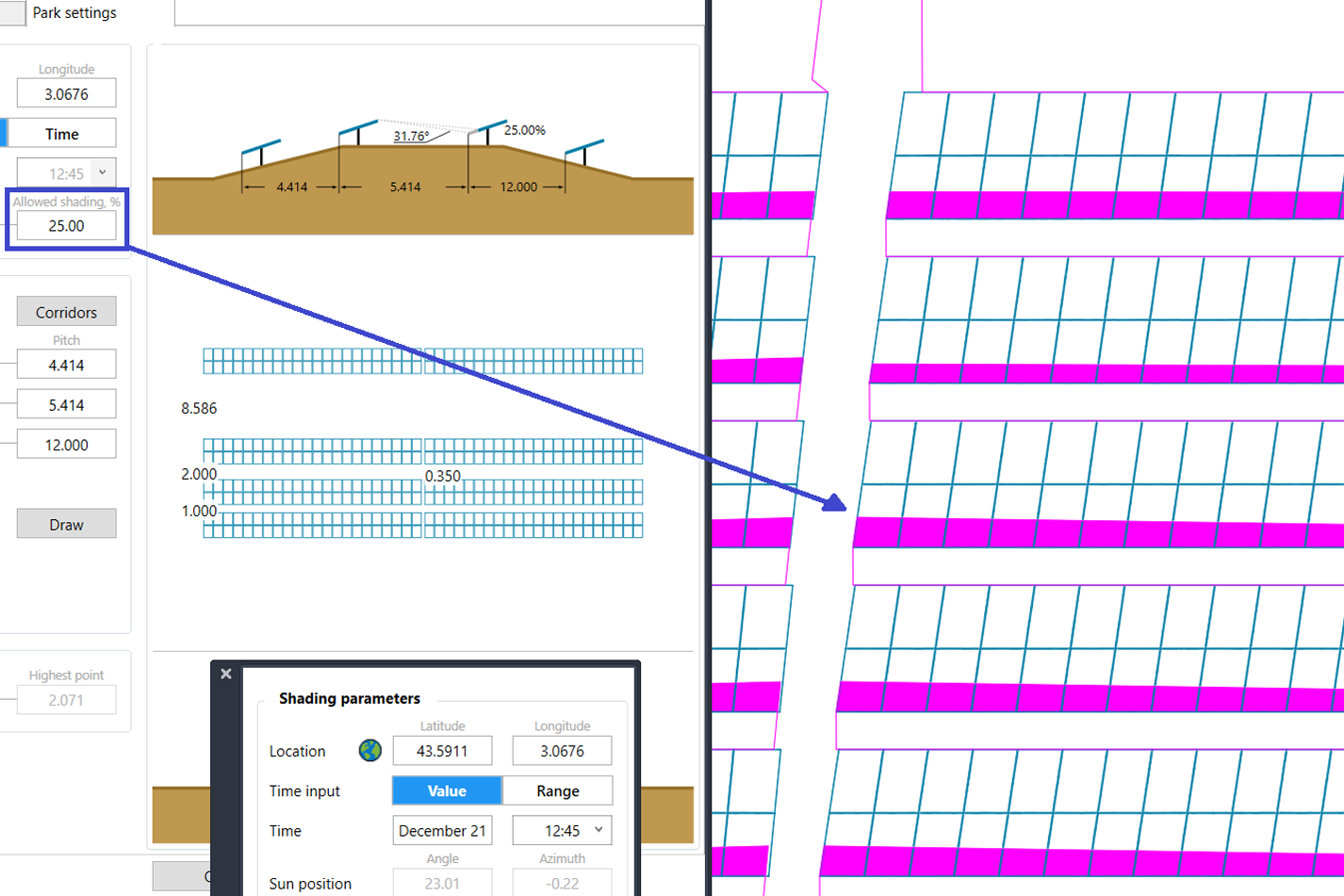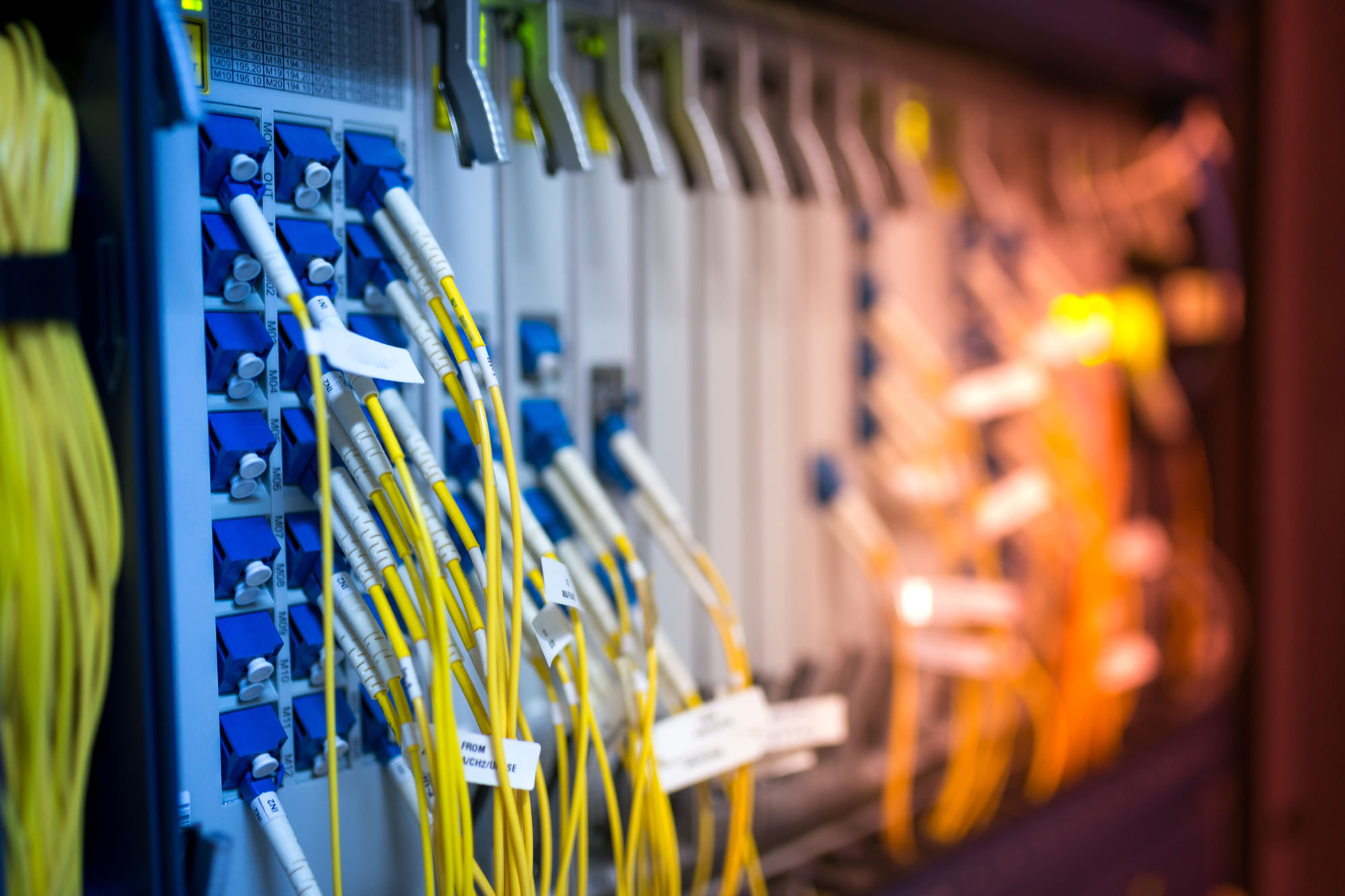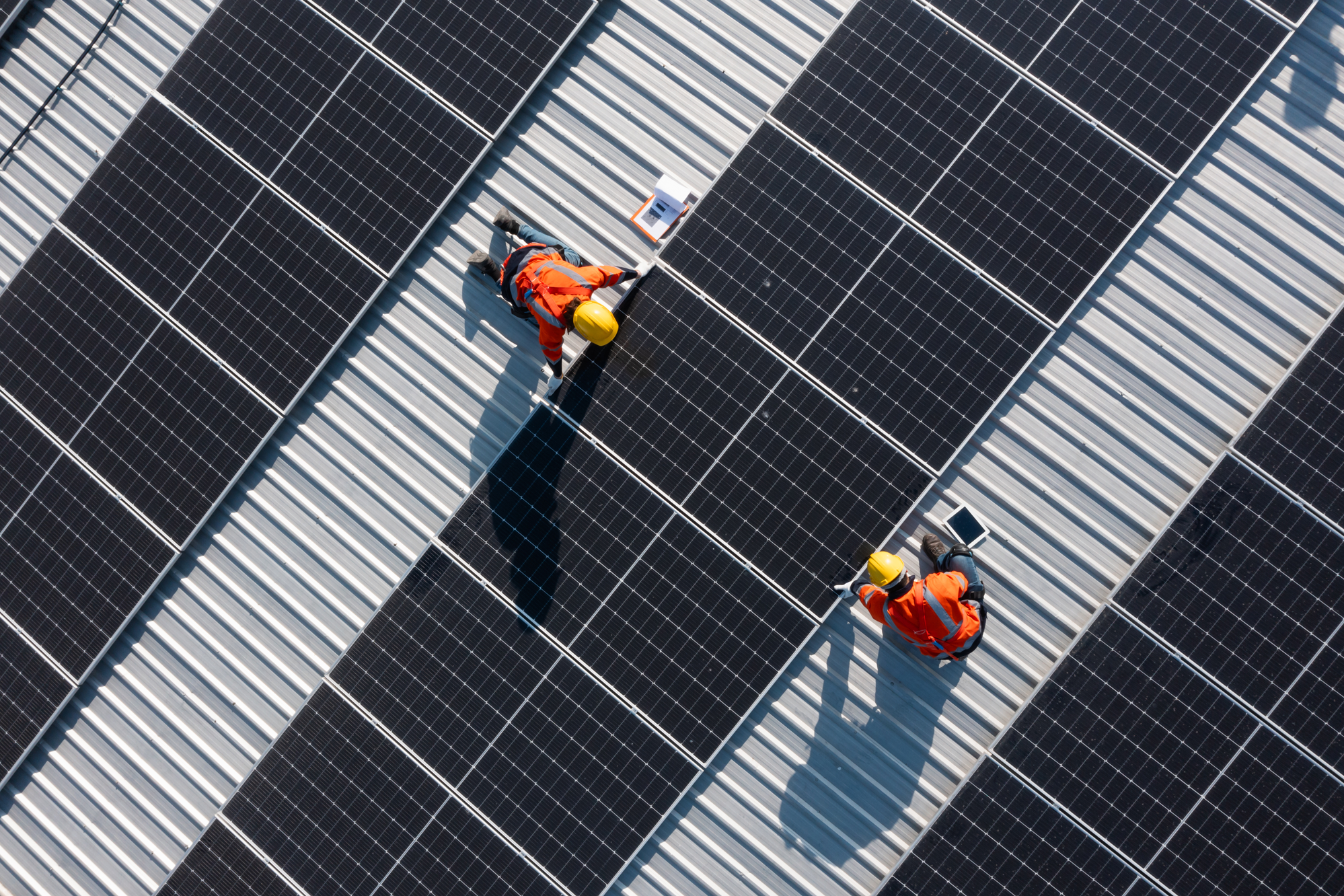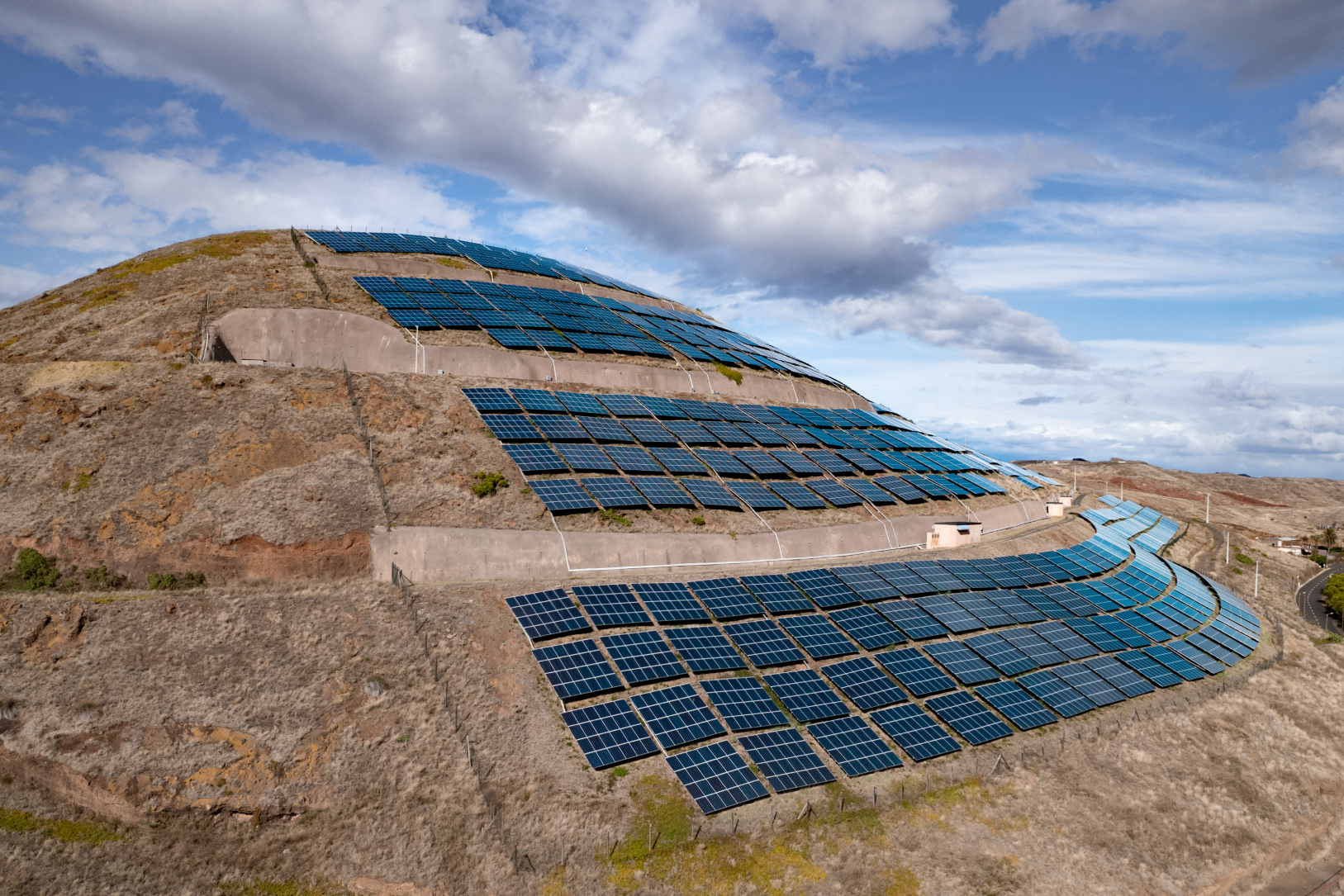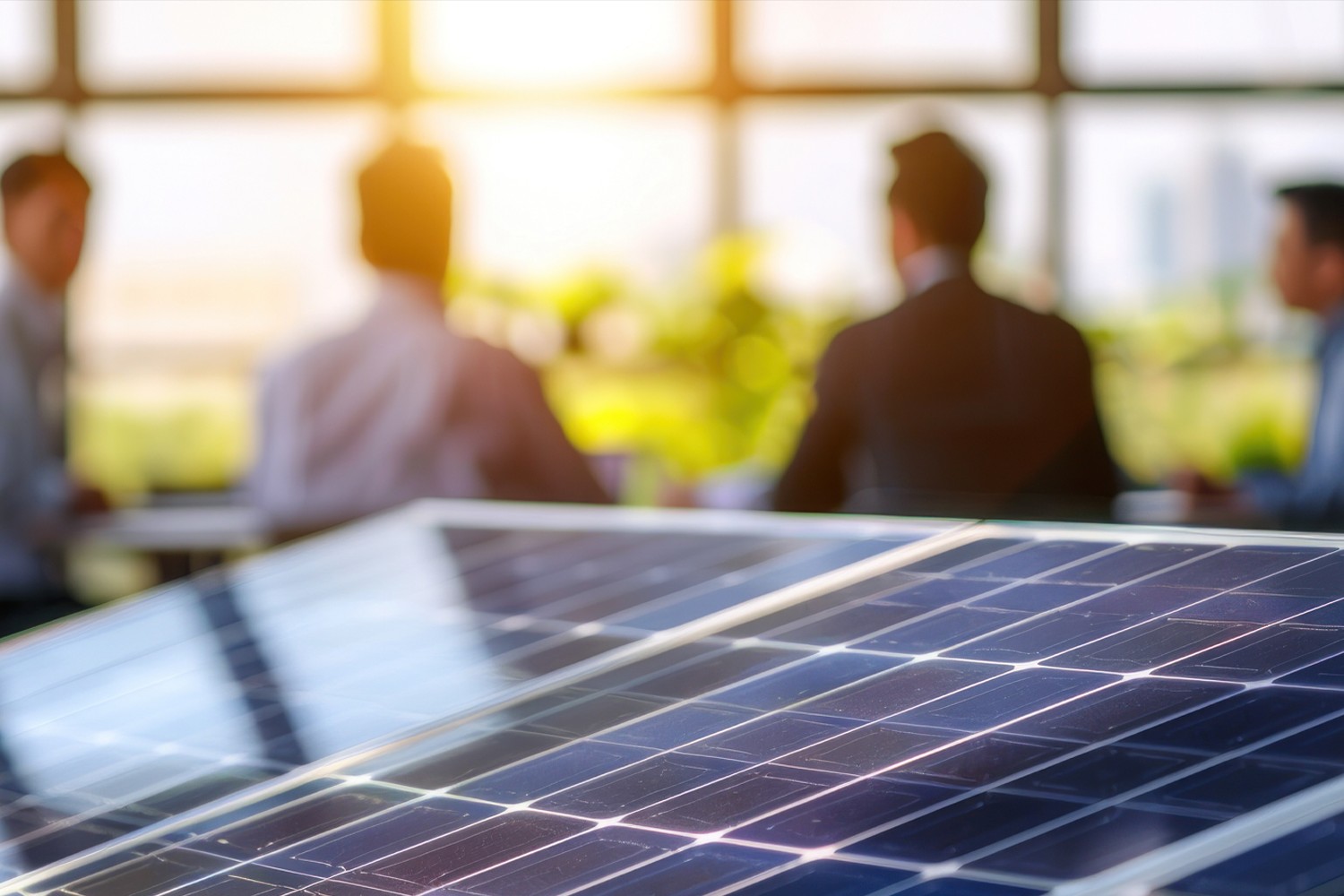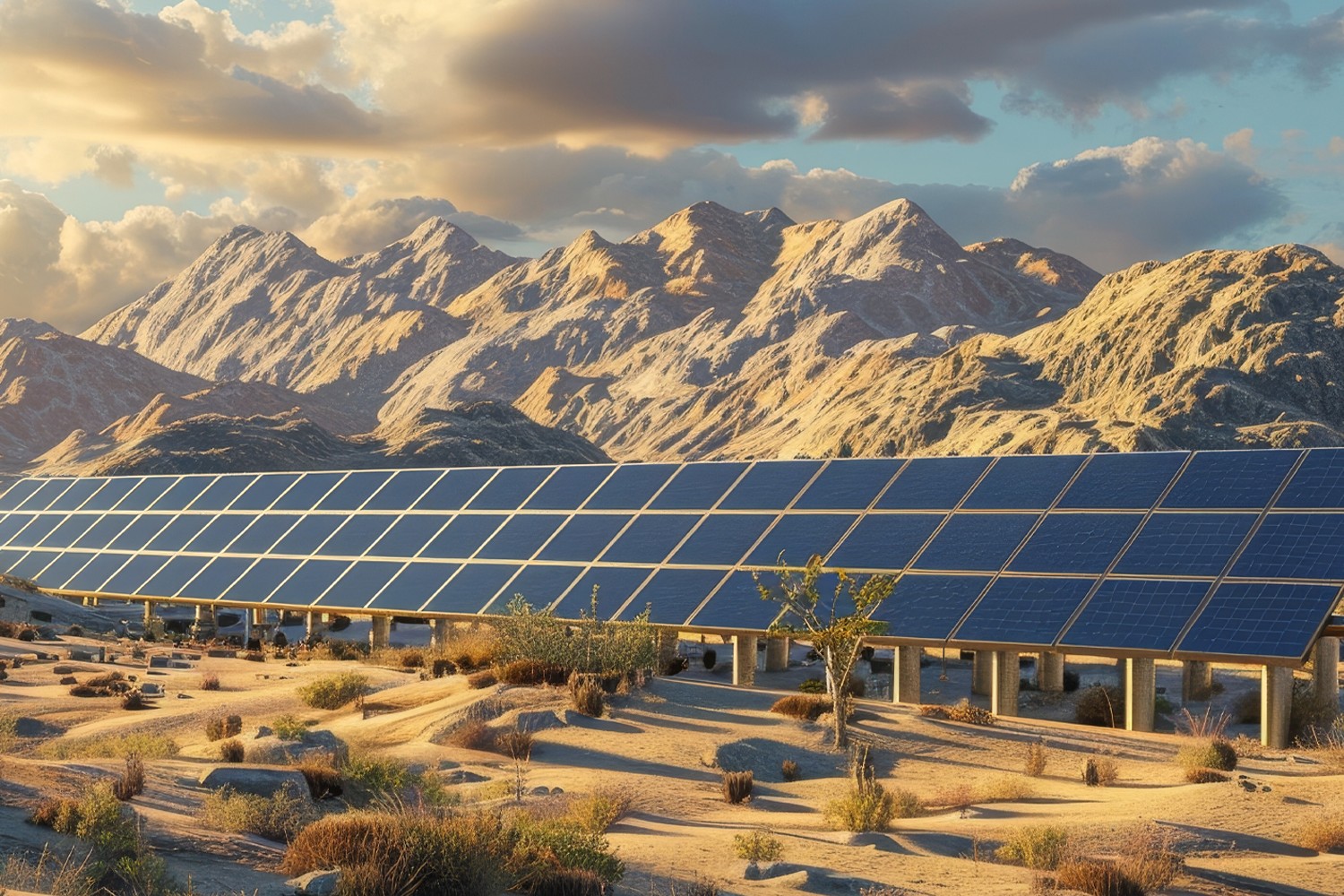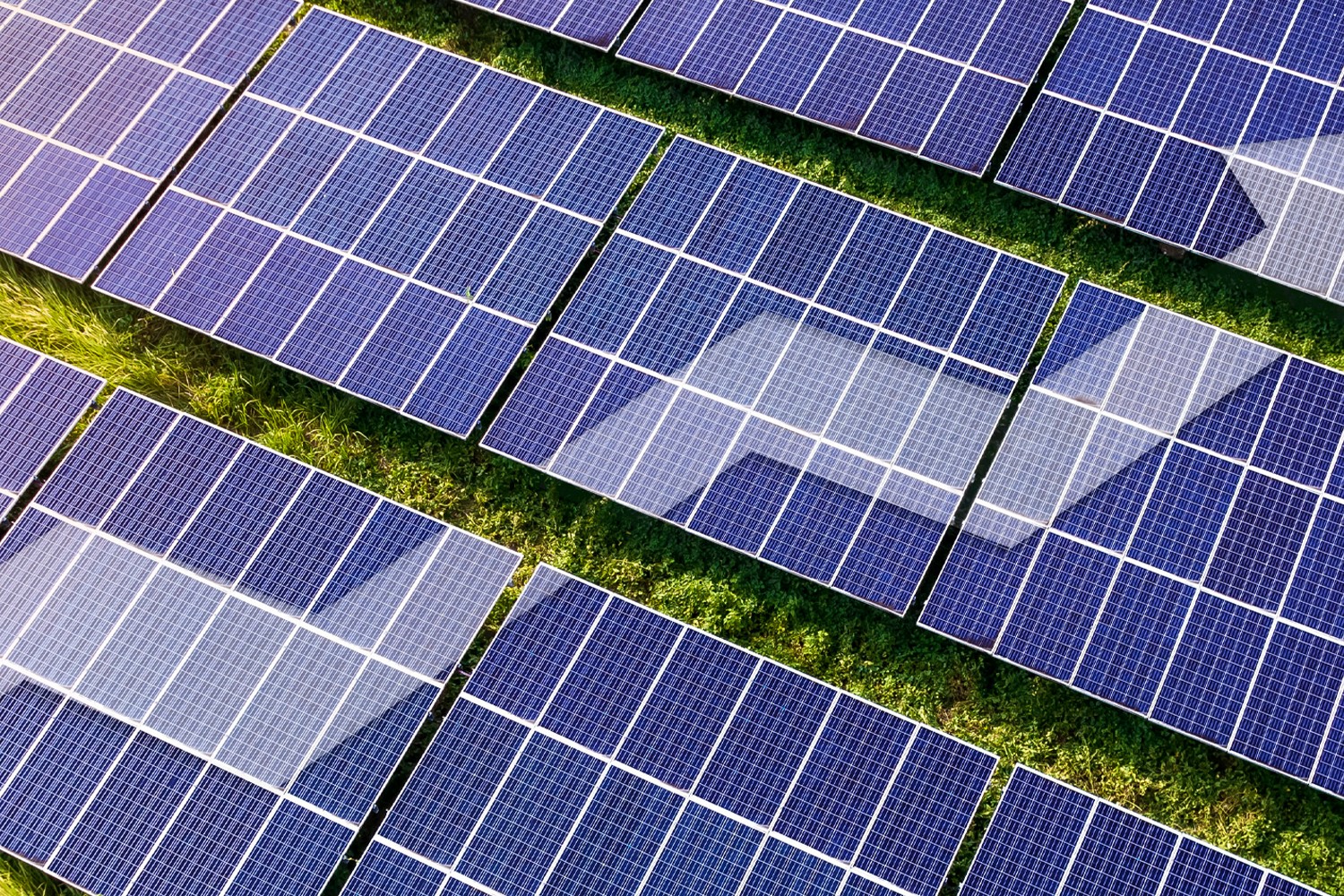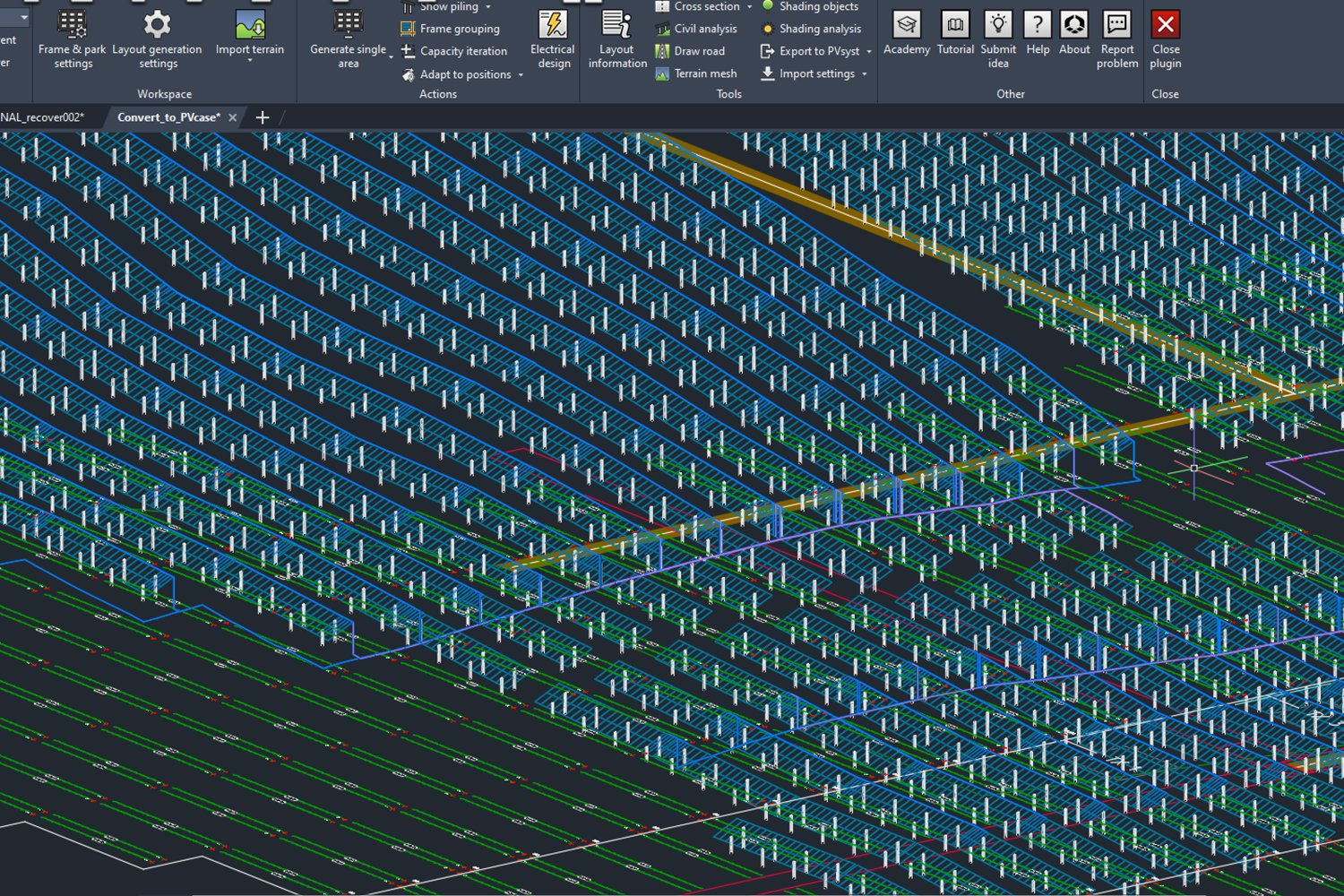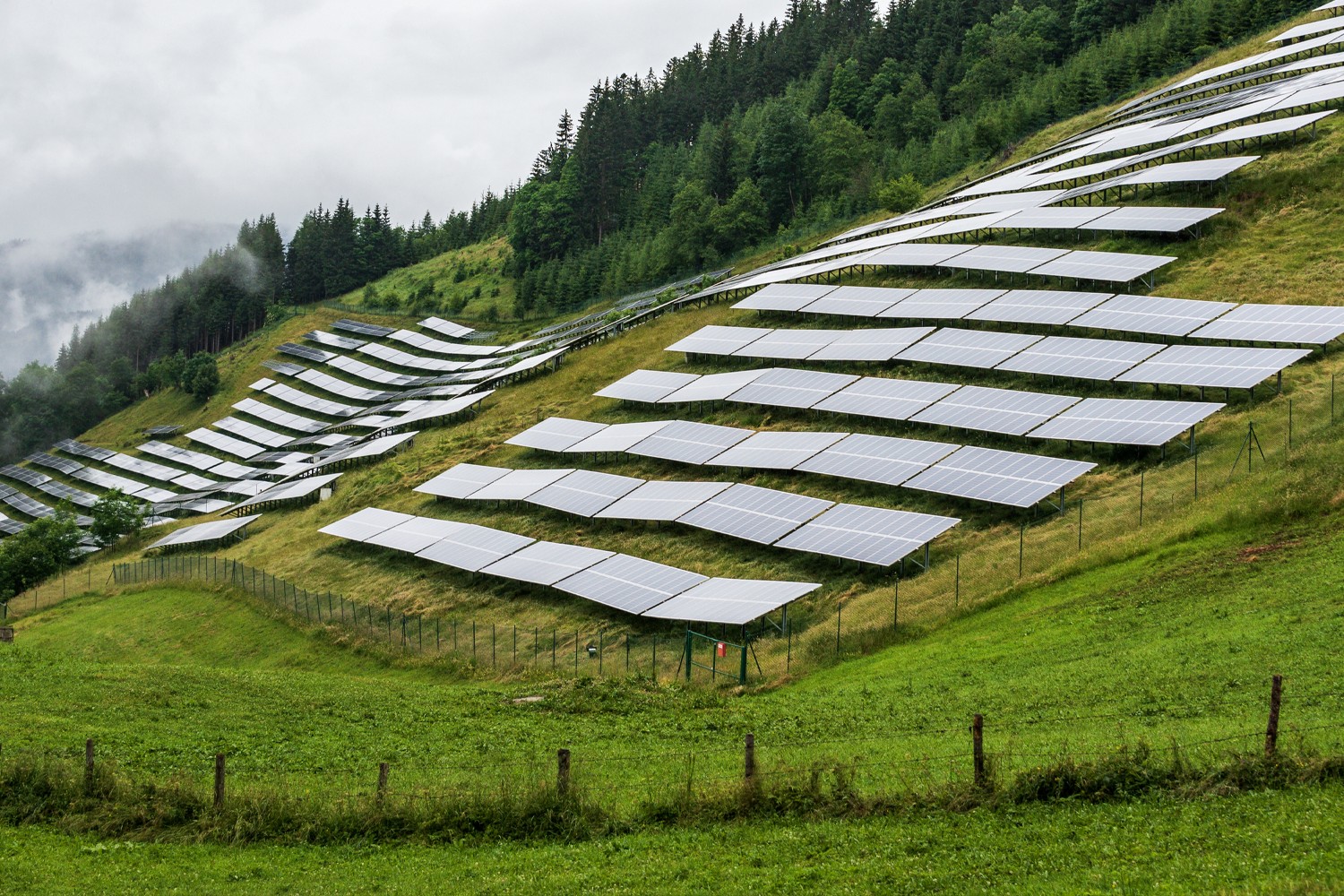Homeowners looking to increase their resale value can consider installing solar panels. Research shows solar panel installation can increase resale value by 4.1%, which translates to an additional $9,274 on average. This increase can be even higher in regions where demand for solar panels is high. For example, the increase in home value in Orlando and San Francisco was 4.6 and 4.4% respectively.
Solar panels can be a positive selling point for buyers who care about their environmental impact and who want to keep their utility bills low. Here are a few reasons why solar panel installation pays off.
Factors influencing the value increase
While national trends highlight how solar panels can increase property values, the benefits to homeowners vary from one region to the next. Here are a few factors that contribute to a value increase:
- Your location: As you can see from the data above, home value increases vary by region.
- Your local energy costs: Electricity rates vary by state. Solar panels might not have a major value increase in an affordable state like Louisiana compared to a more expensive state like California.
- The system’s size: Ineffective systems that are too small might not generate noticeable savings. This means they likely won’t convince buyers to pay more.
- The system’s age: Solar panels depreciate as they age. Buyers might not be willing to pay more for an older system that is wearing out.
Each of these factors contributes to home values in different ways. Some might boost your home’s value, while others might detract from it.
Financial benefits of solar panel installation
Even if you aren’t planning to sell your house right now, the return on investment (ROI) of solar panels could be worth it. First, you can enjoy reduced electricity bills because your solar panels produce energy for you. The average homeowner saves $1,644 annually ($137 monthly) in reduced utility bills.
When tax season starts, you can take advantage of clean energy credits that cover up to 30% of your installation costs. This immediately reduces your ROI threshold, while the reduced savings in utility bills helps you get closer to breaking even each month.
Finally, you can enjoy a higher resale value when you sell. The National Renewable Energy Laboratory (NREL) found homeowners noticed a $20 increase in home values for every $1 reduction in utility bills. This means a solar panel system that saves $200 per year could increase home values by $4,000.
Calculating your potential return on investment
A big part of deciding whether solar panels are right for your home is calculating your specific ROI. Here are a few steps to crunch the numbers.
- Know your total costs: On average, it will cost around $20,000 to install solar panels on a 2,000-square-foot home.
- Calculate your tax credits: For example, if you receive the full 30% tax credit, your new ROI goal is $14,000.
- Estimate your annual energy savings: Determine how much you will save annually in energy bills from solar generation.
- Divide your ROI goal by your annual savings. In this case, $14,000 divided by the national average savings of $1,644 means you will break even in about 8.5 years.
Considering solar panels can last longer than 25 years, this is a quick break-even point. Everything afterward would be pure profit. This is even before you calculate the resale value benefits. If you are in an ideal location for solar investment, your panels could pay for themselves within a few years.
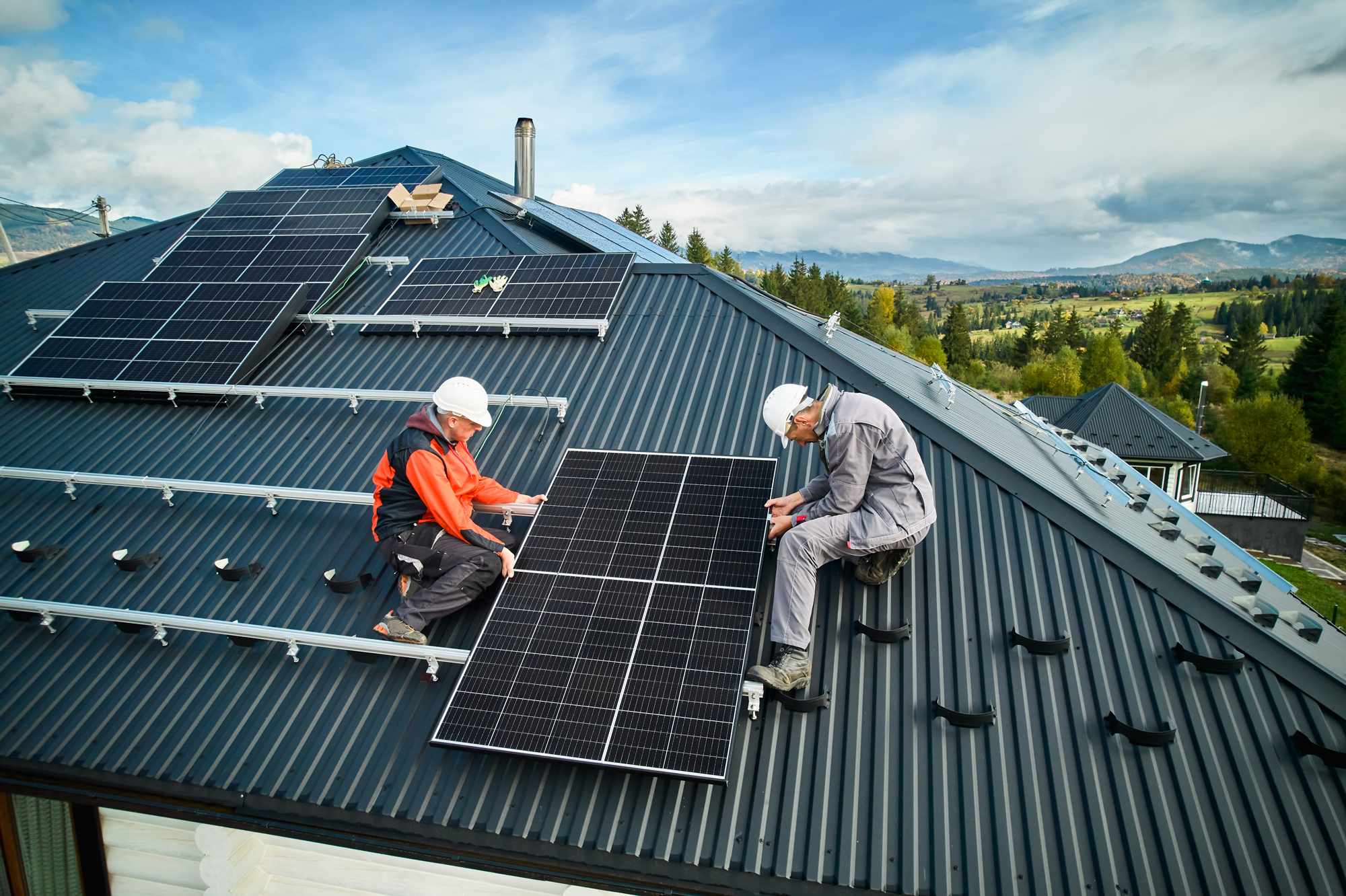
Considerations before installing solar panels
Before you start ordering solar panels, there are a few additional considerations to keep in mind. These issues could reduce the effectiveness of your solar panels or prevent you from installing them in the first place.
- Look at the age and condition of your roof: Older roofs or roofs in bad shape may need to be replaced before you can install solar panels. This adds to the expense of your project.
- Ask a professional about the roof design: The slope of the roof, roofing materials and the orientation of your house can all affect whether solar panels will work effectively.
- Evaluate the property location: A large number of trees can also affect solar efficiency because they create too much shade. Also, some regions aren’t suitable for full solar energy adoption.
- Ask your homeowner’s association (HOA): Some HOAs don’t allow homeowners to install solar panels. They either have outdated regulations or believe solar myths about noise or wildlife impacts.
Choosing the right solar panel system
The next step is to dive into the logistics of your solar project. Decide whether a roof-mounted or ground-mounted panel system is better depending on your home’s structure. With proper site selection, ground-mounted panels are often more efficient if they change angles throughout the day. You can also decide whether you want to own your panels or lease them from a reputable provider.
From there, start interviewing solar installation companies to find a reputable provider. Find quotes from at least three different providers to understand the cost and scope of the work. Read online reviews to see what working with each company is like. The cheapest company might not be the best, but that doesn’t mean the most expensive one is the right choice either. Balance price with service to get the panels you need.
The future of solar energy and home values
You have complete control over whether you install solar panels in your home. However, you don’t always have control over the effect on home values. The housing market is volatile, and external factors could change how much your house is worth. Additionally, changes in solar energy policy could make houses with panels more desirable in the future. If more cities try to incentivize solar panel usage to promote sustainability, your panels could increase demand for your house when you decide to sell it.
Preparing your home for a solar-powered future
Even if now isn’t the right time to invest in solar infrastructure, you can prepare your home to install panels in the future. The need for solar will increase as the use of fossil fuels contributes to climate change, so preparing now can make the transition easier.
The best thing you can do is maintain your roof and replace it once it gets old. This way you can easily add solar when the time comes. You can also invest in other energy-efficient upgrades that reduce bills. Installing better insulation and changing your thermostat habits can reduce your energy needs. You might even invest in smart home technology that maximizes efficiency. Reducing energy usage means your panels won’t have to work as hard to keep up with consumption.
Installing solar panels increases property values, but you also want to consider the benefits of using these systems before you move. Enjoy your panels as a homeowner and then benefit from their presence during the home sale.
You might also be interested in:
March 26, 2025
PVcase Yield product guide: revolutionize solar energy modeling with advanced technology
Download PVcase Yield product guide and discover how PVcase Yield is transforming solar energy modeling with its advanced digital twin technology and physics-based simulations.…
March 25, 2025
The impact of Zoning Data on strategic site selection
Zoning Data encompasses the information used by local governments to classify land use. Learn how this new addition to PVcase Prospect enables solar developers to choose a project…
March 24, 2025
PVcase’s spring product updates: what’s new
PVcase and HeatSpring offer a new training bundle on utility-scale solar engineering for solar designers and engineers.
March 5, 2025
Why fiber data is non-negotiable for data center site selection
Discover why integrating fiber data into your data center site selection process is crucial for reducing costs, accelerating deployment, and improving network resilience.
February 20, 2025
PVcase Ground Mount wins G2 2025 Best CAD & PLM Software award
PVcase and HeatSpring offer a new training bundle on utility-scale solar engineering for solar designers and engineers.
February 18, 2025
PVcase partners with HeatSpring for advanced utility-scale solar training
PVcase and HeatSpring offer a new training bundle on utility-scale solar engineering for solar designers and engineers.
February 3, 2025
Solving ground mount solar design challenges. A guide by engineers, for engineers
Download our e-book for expert insights and actionable solutions to the common pain points you encounter in your day-to-day work, and start taking back your development time.
January 15, 2025
Award-worthy solar software: PVcase’s impact in 2024
Explore how PVcase's award-winning product suite is combating climate change through innovative software and what achievements were recognized the most.
January 14, 2025
Top 10 questions asked during the PVcase Digital SmartUp’24 — answered
Customers ask, we answer — read the article to find answers to the top 10 most asked questions at the exclusive PVcase Digital SmartUp'24 event.
January 10, 2025
Developing solar projects on challenging land
Solar developers face fierce competition, congested grids, and a shrinking pool of ideal sites. What's the solution? Read and and learn how to develop on challenging land instead.
December 12, 2024
Why Locational Marginal Pricing (LMP) data is essential for solar development?
Locational Marginal Pricing (LMP) data helps solar developers forecast profitability, minimize financial risk, and optimize site selection. Let’s break down what LMP data is, its…
December 11, 2024
PVcase product updates — November highlights
With PVcase November updates, you can achieve faster, more accurate results today — no need to make them your New Year’s resolutions. Dive into the major updates from the PVcase…
December 9, 2024
The importance of quality GIS data for solar site selection
Discover the impact of high-quality GIS data on solar site selection. Learn how parcel data, grid capacity, and LMP data optimize solar project development, reduce risks, and…
December 2, 2024
Consequences of extreme weather events: can we still afford it?
Floods, hurricanes, wildfires — whether we want them or not, extreme weather events have become the new normal. This year alone, there have been 24 billion-dollar weather…
November 14, 2024
Fail fast, succeed faster: the developer’s guide to streamlining solar projects with early-stage development software
Discover how solar developers thrive by adopting the 'fail fast, succeed faster' approach. Explore the role of early-stage development software, such as PVcase Prospect, in…
